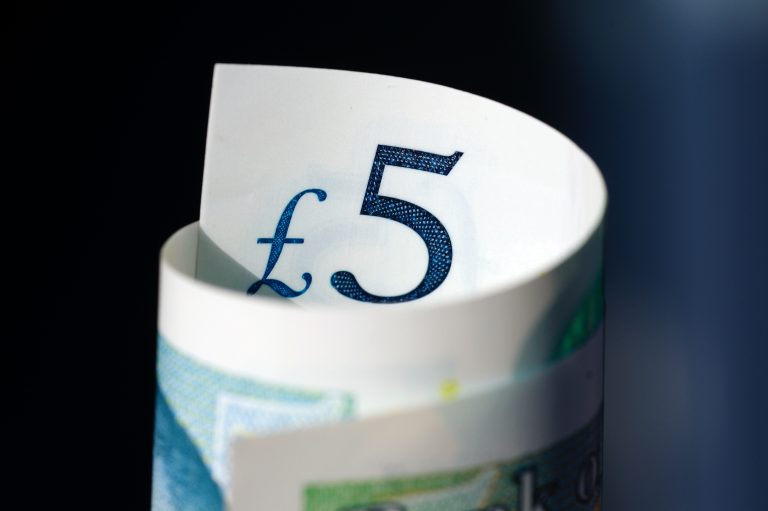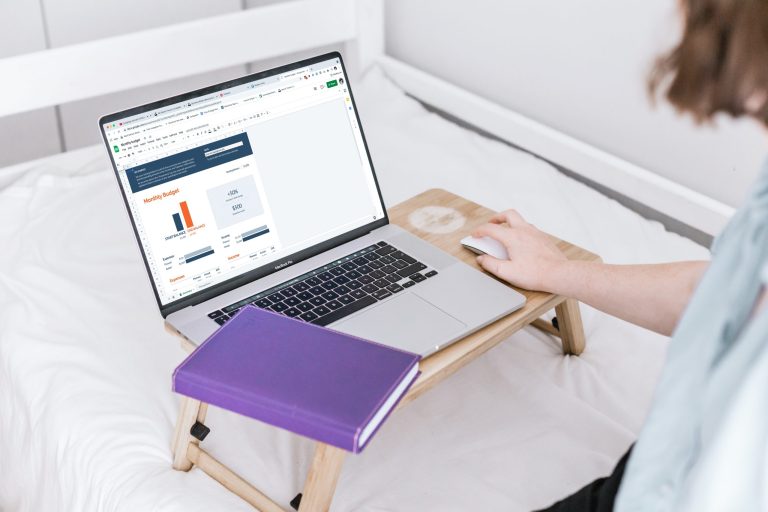- Savings
 SavingsSave regularly, from as little as £5 per month.
SavingsSave regularly, from as little as £5 per month.- Member Account
- Family Member Account
- Junior Account
- Notice Plus Account
- Reserve Account
- Festive Fund Account
- Five-Year Regular Saver Waitlist
- Fixed Term Deposit Waitlist
- Discontinued Accounts
- Loans
 LoansHelping you by offering a range of loans for a variety of purposes, direct from your payroll.
LoansHelping you by offering a range of loans for a variety of purposes, direct from your payroll.- Member Loan
- Consolidation Loan
- Commutation Loan
- Student Officer Loan
- Revolving Credit
- Green Loan
- Loyalty Loan
- 70+ Loan
- Credit Builder Loan
- Holiday Loan
- Additional Borrowing
- Discontinued Accounts
- Mortgages
 MortgagesHelping the police family to get on and remain on the property ladder.
MortgagesHelping the police family to get on and remain on the property ladder.- How to apply
- 100% Mortgages
- Fixed Rate Mortgages
- Standard Variable Rate Mortgage
- Family Assist Mortgage
- First Time Buyer
- Speak to a Mortgage Adviser
- Agreement in Principle
- Mortgage Calculator
- Budget Planner
- Useful Contacts
- Financial Wellbeing
 Financial WellbeingSome of our top tips to help you manage your money even better.
Financial WellbeingSome of our top tips to help you manage your money even better.- Managing Debt
- Representative APR
- Credit Score
- Gambling awareness
- Stop Loan Sharks
- Jargon Buster
- Fraud Awareness
- Family Financing
- Support for your wellbeing
- Let’s Talk About Money newsletter
- Services and Support
 Services and SupportFind more information on the additional services or support we offer.
Services and SupportFind more information on the additional services or support we offer.- Interest and dividend rates
- Prize Draw
- Life Protection
- Notify us of your retirement
- FAQs
- Annual General Meeting
- About Us
 About UsFind out more about the biggest police credit union in the UK.
About UsFind out more about the biggest police credit union in the UK.- About Us
- Board of Directors
- Mission Statement
- News
- Contact Us
Written by: Ben Kirkman
Category: Let's talk about money
Read Time: 2 minutes
Life has a way of catching us off guard. Whether it’s a car breakdown the week before payday, an unexpected dental bill, or a few weeks without overtime, all these curveballs can feel more stressful when you don’t have a financial cushion to fall back on. That’s where an emergency fund comes in. Think of it as your personal safety net, money set aside to help you through life’s little (and not so little) surprises.
What is an emergency fund?
An emergency fund is simply a separate pot of money set aside for genuine, unexpected expenses. It’s not for holidays or new gadgets, it’s only for life’s “uh-oh” moments.
You might use it if:
- Your boiler breaks down during winter
- Your car fails its MOT… spectacularly
- You need to travel urgently to help a family member
You wouldn’t use it for:
- The sandy beach holiday you keep seeing adverts for
- A tempting T-shirt on sale at Selfridges
- Upgrading to the latest iPhone just because it’s “revolutionary”
How much should you aim to save?
There’s no one-size-fits-all figure, as this will vary from person to person. However, it’s generally wise to have 3 to 6 months’ worth of essential living expenses saved.
Example: Your monthly expenses, including rent, bills, food, transport, childcare, and more, come to a total of £1,250 per month.
Your target emergency fund would then be:
- 3 months: £3,750
- 6 months: £7,500
Remember, start small but think big. Every emergency fund must start somewhere and don’t be disheartened if you’re far away from your goal. Keep in mind that it’s better to have some money saved rather than none.
It’s not just about the money
Having an emergency fund isn’t just a practical financial move, it’s also a psychological one.
An emergency fund can offer more than just financial security, it could provide psychological benefits, including:
- Reduced stress by offering a sense of financial security in the face of unexpected challenges.
- Better sleep and peace of mind, knowing you have a safety net for emergencies.
- A decrease in anxiety about potential problems, allowing you to face uncertainties more confidently.
- Encouraging calmer, more thoughtful decision-making during crises, as you’re not overwhelmed by financial instability.
What if it’s not enough?
Even with careful financial preparation, some emergencies may require more funds than you’ve saved. In such cases, your credit union could provide valuable support if you need to borrow additional funds.
Here’s how we’re different:
- We believe in the financial equality of our members, offering transparent rates free from “Representative APR.” This means the rate you see on the website or app is the rate you’ll get.
- Our loans have no early repayment fees. Once you’re back on your feet, you can repay your loan early without any penalties should you choose to do so.
- We’re member owned, so any surplus profit from our loan and mortgage products is shared exclusively with our members in the Policing family.
You’ve got this
Building an emergency fund isn’t about being perfect, it’s about being prepared for life’s unexpected moments. By being financially prepared, your future self will thank you as it will ease the pressure when life is already stressful.
Subscribe to our monthly “Let’s talk about money” newsletters here! |





